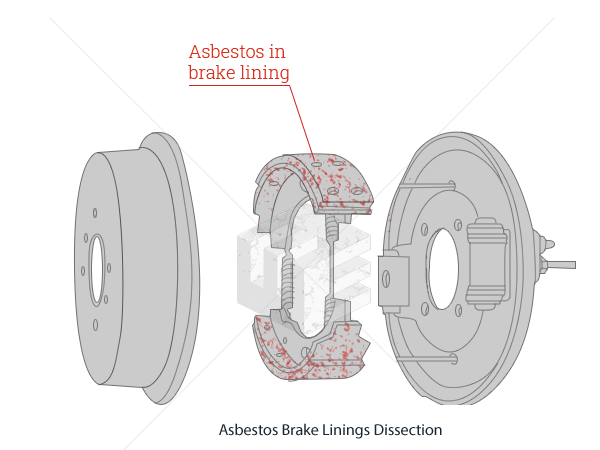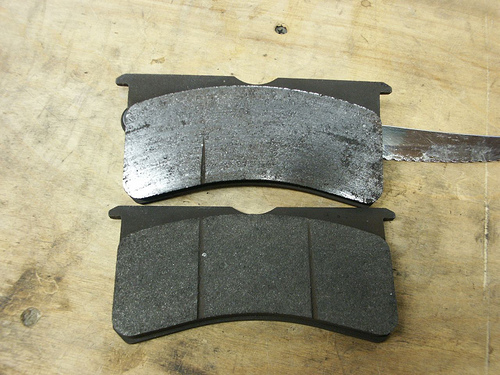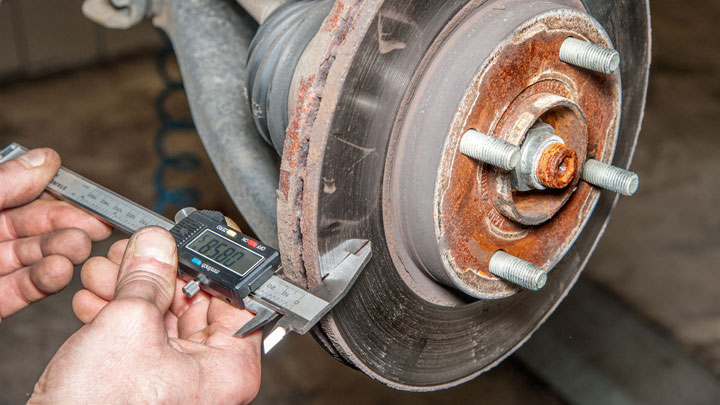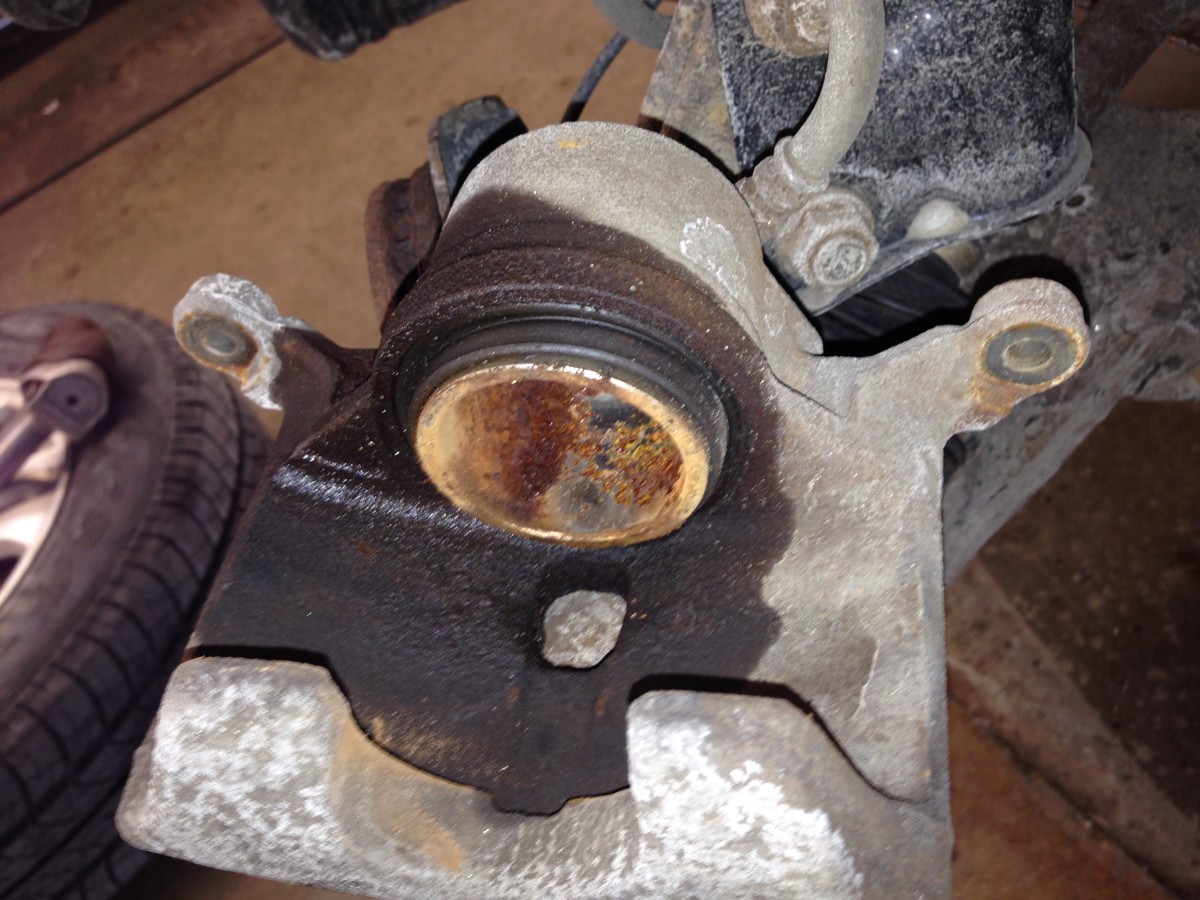Brake noise problem in air brake system
Introduction
Brake noise in an air brake system can be a frustrating and concerning issue. It not only affects the overall performance of the brakes but can also be an indication of underlying problems. In this discussion, we will explore the various causes of brake noise in an air brake system and potential solutions to address the issue.
The air brake system is a critical component in commercial vehicles, such as buses and trucks. It relies on compressed air to transfer braking force from the driver's input to the braking mechanisms, allowing for efficient and reliable braking. However, several factors can contribute to brake noise in this system. Let's examine them in detail:
1.Brake Lining Wear
One of the primary causes of brake noise in an air brake system is excessive wear on the brake linings. Over time, the friction material on the brake linings wears down, leading to metal-to-metal contact between the brake shoe and the drum or rotor. This metal-to-metal contact produces a loud grinding or squealing noise during braking.
Solution: To address this issue, it is essential to inspect the brake linings regularly. Check for signs of wear and measure the thickness of the linings using a brake lining gauge. If the linings are worn beyond the recommended thickness, they should be replaced. Ensure that the new brake linings are of high quality and compatible with your specific air brake system.
2.Contaminated Brake Linings
Oil, grease, or other contaminants on the brake linings can also contribute to brake noise. Contamination can occur due to factors such as leaking wheel seals, lubrication issues, or environmental factors. These contaminants interfere with the friction between the brake linings and the drums or rotors, resulting in noise during braking.
Solution: To address this problem, thoroughly clean the brake linings using a brake cleaner or an appropriate solvent. Follow the manufacturer's instructions and recommendations for cleaning products. Inspect the wheel seals and replace any that are leaking. Additionally, ensure that the air brake system's lubrication is appropriate and that there are no excess lubricants on the brake linings.
3.Glazed Brake Linings
Brake linings can become glazed due to excessive heat generated during braking. This glazing creates a hard and smooth surface on the brake linings, reducing their ability to provide effective friction. As a result, noise may occur during braking.
Solution: To address glazed brake linings, you can try roughening the surface of the linings. This can be done by sanding them or using a brake shoe grinder to remove the glaze. However, this process is best performed by a professional technician who can ensure that the brake linings are properly treated without compromising their integrity.
4.Misaligned Brake Components
Misalignment of brake components, such as brake shoes, can lead to uneven contact and noise during braking. If the brake shoes are not correctly aligned with the drums or rotors, they may make uneven contact, causing noise and reduced braking performance.
Solution: It is crucial to inspect the brake shoes, springs, and other components to ensure they are properly aligned and adjusted. Check for any signs of misalignment, such as uneven wear patterns on the brake linings. Adjust or replace any parts that are out of alignment to ensure proper contact and reduce brake noise.
5.Loose Brake Hardware
Loose hardware associated with the air brake system can cause noise during braking. Caliper bolts, mounting brackets, and other fasteners should be tightly secured to maintain the stability of the braking system. Loose hardware can result in vibration and noise when the brakes are applied.
Solution: Regularly check all the hardware associated with the air brake system, including caliper bolts, mounting brackets, and retaining clips. Ensure that they are tightened to the manufacturer's recommended torque specifications. Replace any damaged or worn hardware
In conclusion, brake noise in an air brake system can be attributed to various factors, including brake lining wear, contaminated or glazed brake linings, misaligned brake components, loose brake hardware, and other issues. Addressing these causes is crucial to ensure optimal braking performance and reduce noise.
Regular inspection and maintenance of the air brake system are essential to prevent and address brake noise problems. It is important to regularly check the condition of the brake linings, ensuring they are not excessively worn or contaminated. If necessary, replace worn or damaged brake linings with high-quality, compatible ones.
Proper lubrication of the brake components is vital to reduce friction and noise. Ensure that the air brake system's lubrication is appropriate and that there are no excess lubricants on the brake linings. Additionally, clean the brake linings thoroughly using brake cleaner or an appropriate solvent to remove any contaminants.
Misaligned brake components can lead to uneven contact and noise during braking. Regularly inspect and adjust the alignment of brake shoes, springs, and other components to ensure proper contact and reduce noise.
Loose brake hardware can cause vibration and noise. Regularly check and tighten all the hardware associated with the air brake system, such as caliper bolts, mounting brackets, and retaining clips, according to the manufacturer's recommended torque specifications. Replace any damaged or worn hardware as needed.
If the brake noise problem persists despite these measures, it is recommended to consult a professional mechanic or technician with expertise in air brake systems. They can perform a more detailed inspection and diagnosis to identify the exact cause of the noise and recommend appropriate repairs or replacements.
Brake noise should not be ignored as it can indicate underlying issues with the air brake system that may compromise the safety and performance of the vehicle. Timely maintenance and addressing brake noise problems are essential to ensure reliable and quiet braking operation.
By addressing the causes of brake noise and maintaining the air brake system properly, you can minimize noise, enhance braking performance, and ensure a safer and more comfortable driving experience.


















































